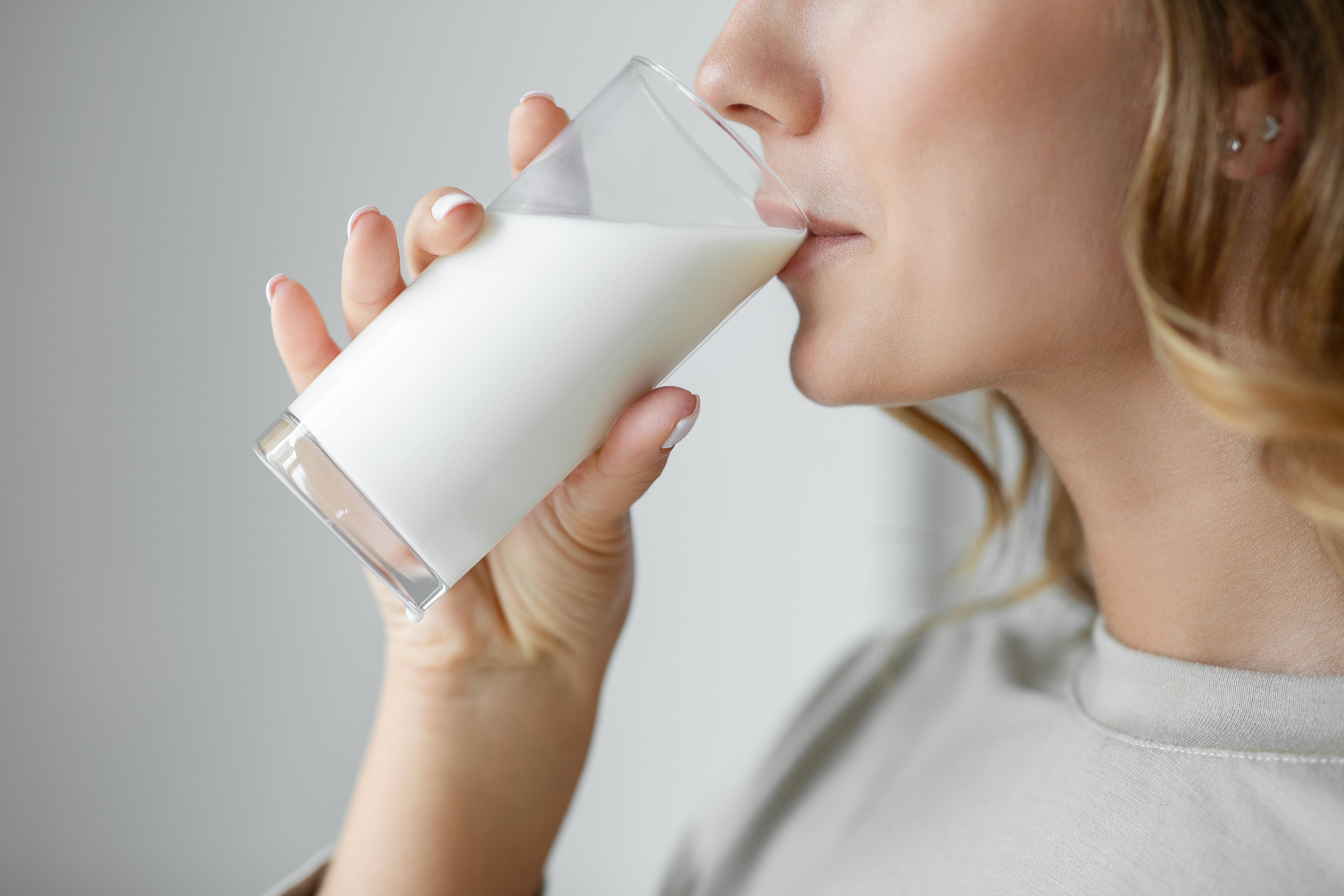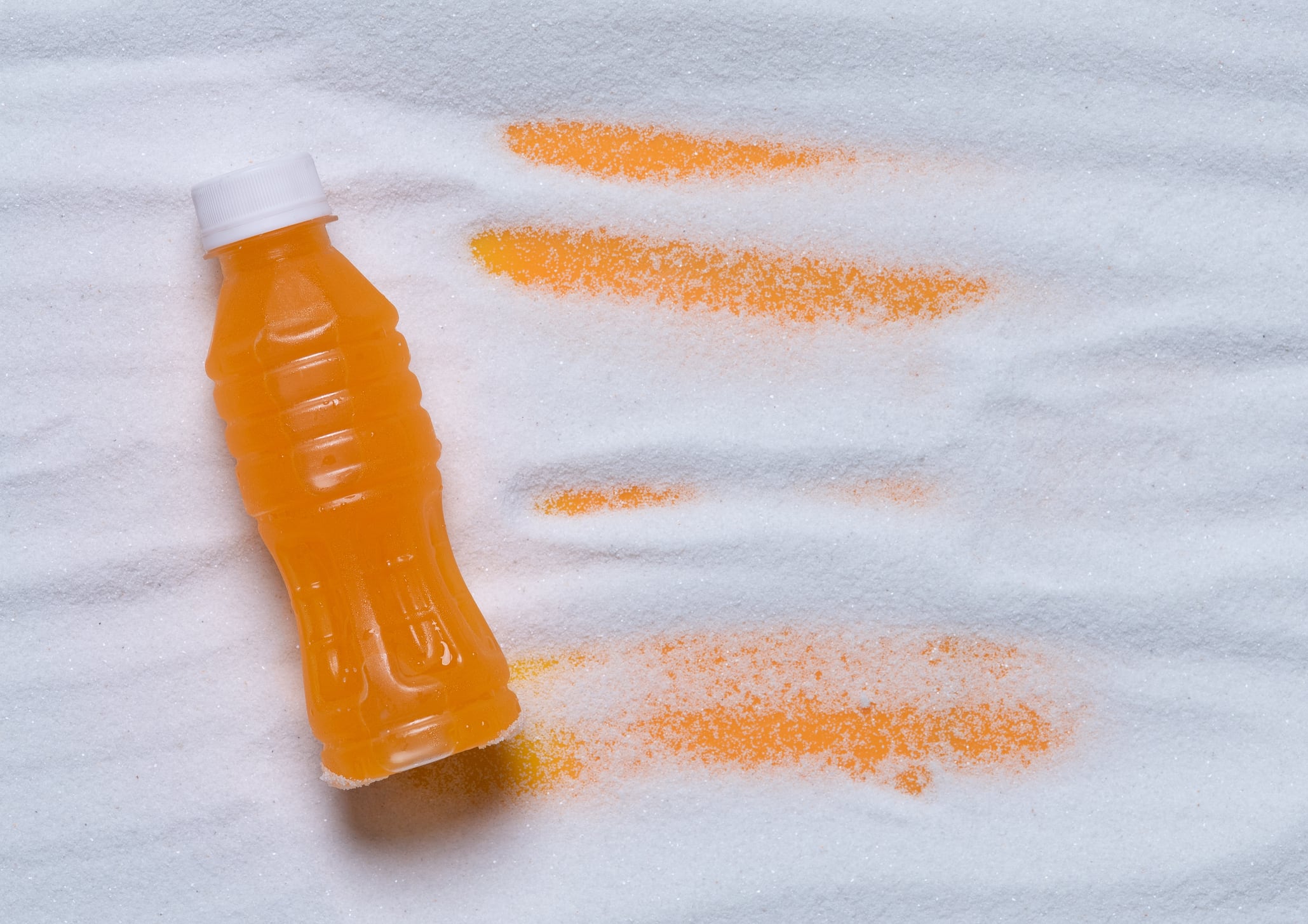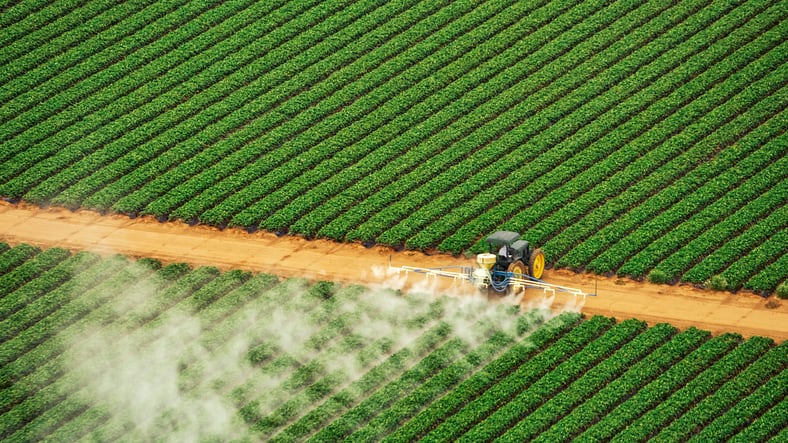This was announced by the local Consumer Affairs Agency (CAA) after Japan transferred the administration of national food safety standards from the Ministry of Health, Labour and Welfare (MHLW).
“Any food firms who wish to obtain approval for the type and mixing ratio of ingredients from non-milk or non-dairy origin to be used in powdered milk or liquid milk must now submit an application using [the specified Form 1] together with relevant documents via post or email to the Food Sanitation Standards Inspection Division,” CAA said via a formal statement.
“It is now mandatory for the documents to contain the following: Name and address of the manufacturing facility (All facilities must be listed if the product is manufactured at multiple locations); Product name; Reason for seeking approval; Information on the ingredients used in the product and the mixing ratios; Safety documentation on any non-milk or non-dairy ingredients; A copy of the contract with contract manufacturer (if applicable).
“For all products containing probiotic ingredients, additional documentation is required to ensure food safety.”
Probiotic strains here are considered one of the major ‘non-milk ingredients’ in question here, regardless of concentration.
The major products expected to be impacted by these new requirements are functional foods and drinks fortified using probiotics, as well as infant formula developed with probiotics.
“Food safety is the primary concern here, and for infant foods or formula strains must be of the genus Bacilus subtilis and the genus, species and strain must be genetically identified for safety,” CAA added.
“For all foods, the probiotic bacteria must have antibiotic resistance that is comparable or less than that found in other strains of the same species, the amount of D-lactic acid produced must be equivalent to other strains, and no harmful secondary bile acids must be present.
“Consumption tests must be conducted in advance with no safety issues found, and post-marketing surveillance of foods, beverages or infant formula containing the probiotics must be conducted in both Japan and overseas with no health hazards identified after ingestion.”
Probiotics were not the only ingredients of focus in this announcement – it also encompassed various additives used in condensed milk and general milk powders, with manufacturers also required to submit similar information via a similar process as that for probiotics.
“All manufacturers of condensed milk or milk powders that utilise additives will be subject to the updated procedure – concerned products include unsweetened condensed milk, unsweetened condensed skim milk, sweetened condensed milk, sweetened condensed skim milk, whole milk powder, skim milk powder and sweetened milk powder,” said CAA.
“That said, all products that had received approval on or before February 28, 2025 will be considered already approved, and can continue business as usual until further notice.
“A list of approved products will be made available on the CAA website, which allows for greater consumer visibility and process transparency.”
Affected probiotic dairy products
In addition to infant formulas that contain probiotics, any functional foods (using powdered milk) and drinks for general consumption, that are made with a dairy base and contain probiotics for health benefits, will also be subject to this revised procedure.
Some examples from major brands would include Kirin’s iMuse branded line of probiotic dairy drinks containing the lactic acid bacteria LC-Plasma as well as the globally popular Yakult probiotic drink.





